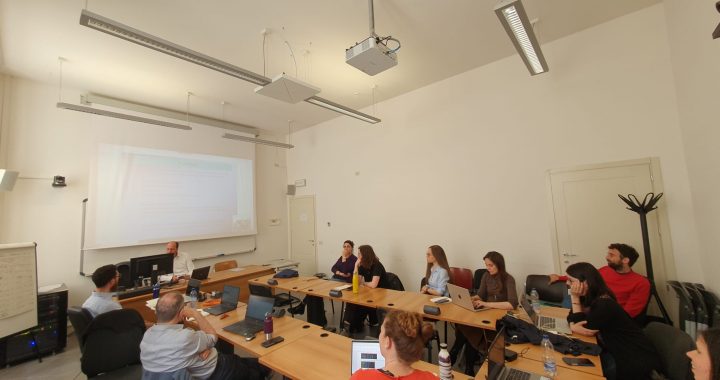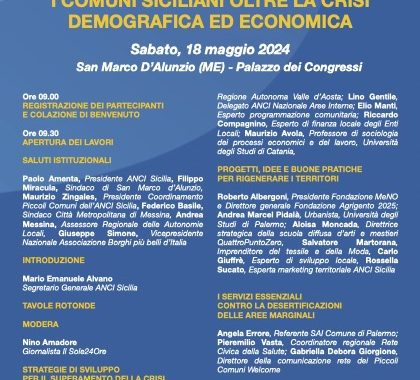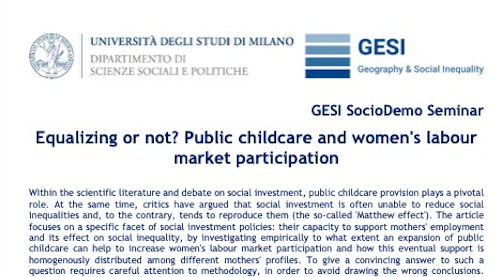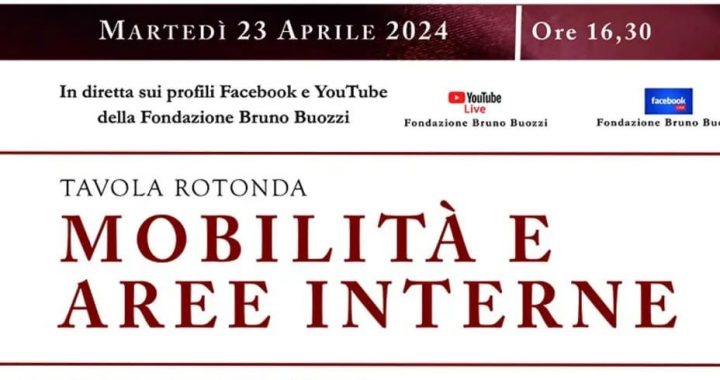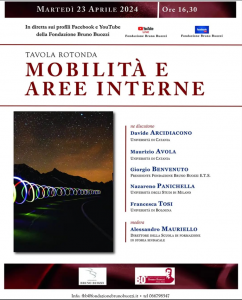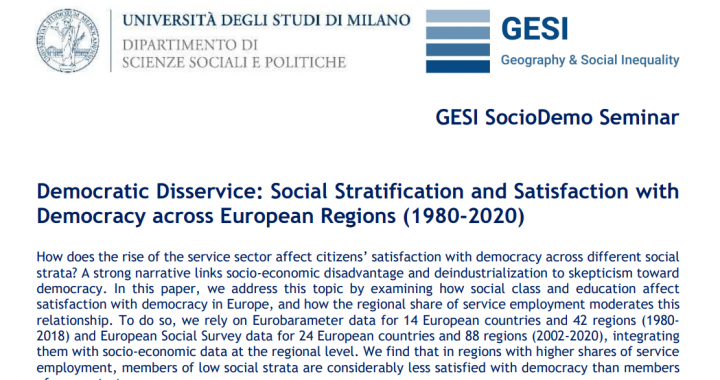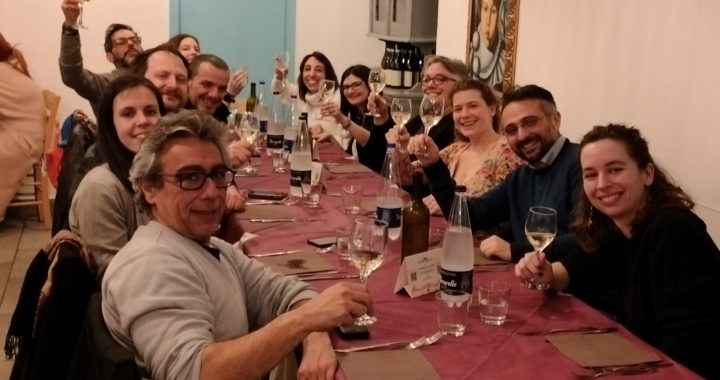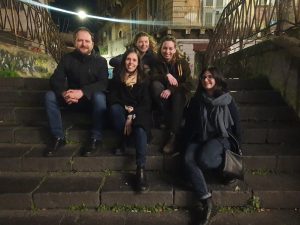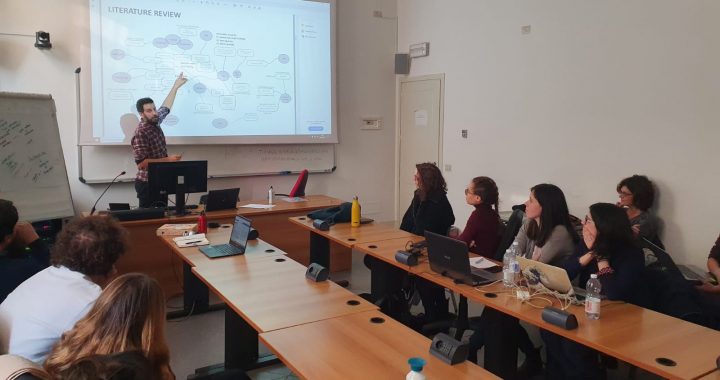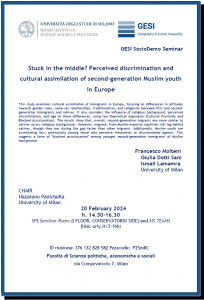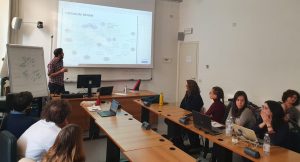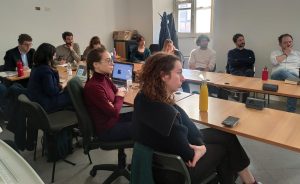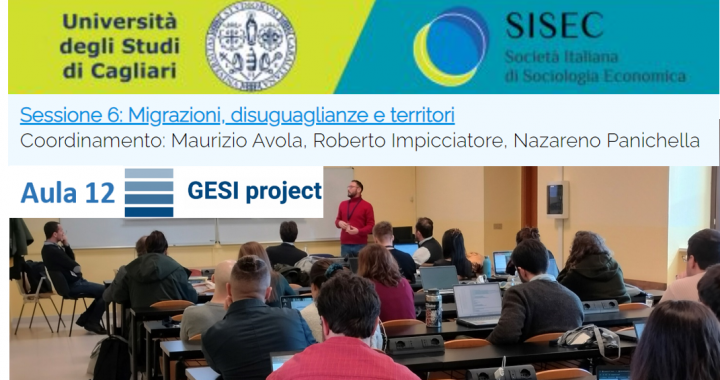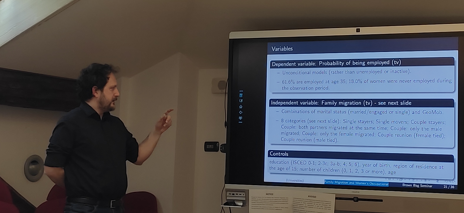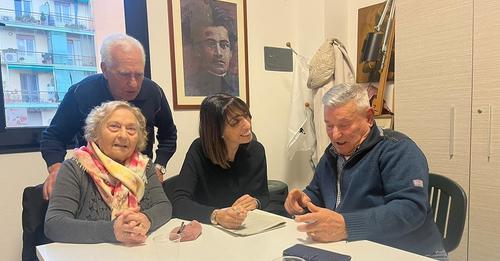We are glad to invite you to the next GESI SocioDemo Seminar of 2024, on Tuesday, May 21st at 14:30
Equalizing or not? Public childcare and women’s labour market participation
Speaker
Emmanuele Pavolini (Università di Milano)
Further details
Tuesday, April 21st, 2024, 14:30-16:30
SPS Seminar Room (1st FLOOR, CONSERVATORIO SIDE – via Conservatorio 7, Milan)
or online:
MS TEAMS (link: urly.it/3_zfz) Meeting ID: 357 560 842 163 Passcode: ToQCbF
Abstract
Within the scientific literature and debate on social investment, public childcare provision plays a pivotal role. At the same time, critics have argued that social investment is often unable to reduce social inequalities and, to the contrary, tends to reproduce them (the so-called ‘Matthew effect’). The article focuses on a specific facet of social investment policies: their capacity to support mothers’ employment and its effect on social inequality, by investigating empirically to what extent an expansion of public childcare can help to increase women’s labour market participation and how this eventual support is homogenously distributed among different mothers’ profiles. To give a convincing answer to such a question requires careful attention to methodology, in order to avoid drawing the wrong conclusions. Whereas existing research has predominately focused on cross-national variation and has often been static in nature, the present study assesses the effects of public childcare expansion on women’s labour market participation and employment by examining region-specific within-variation over time of public childcare coverage. The study relies on data from the European Social Survey (2002-2018) that were integrated with an original collection of regional-level information on public childcare. It finds a positive association between increases in public childcare coverage and mothers’ labour market participation. Furthermore, it shows that public childcare helps to fight social inequalities among households with young children. Low-educated mothers are the ones who profit most from an increase in public childcare, and positive employment effects are most pronounced at lower levels of childcare coverage. Therefore, this contribution highlights the importance of public childcare policies as an equalizer in society, especially in contexts in which an intervention is most needed, because expanding childcare fosters mothers’ labour market participation
Leaflet
21.05.2024 Pavolini Seminario GESI
